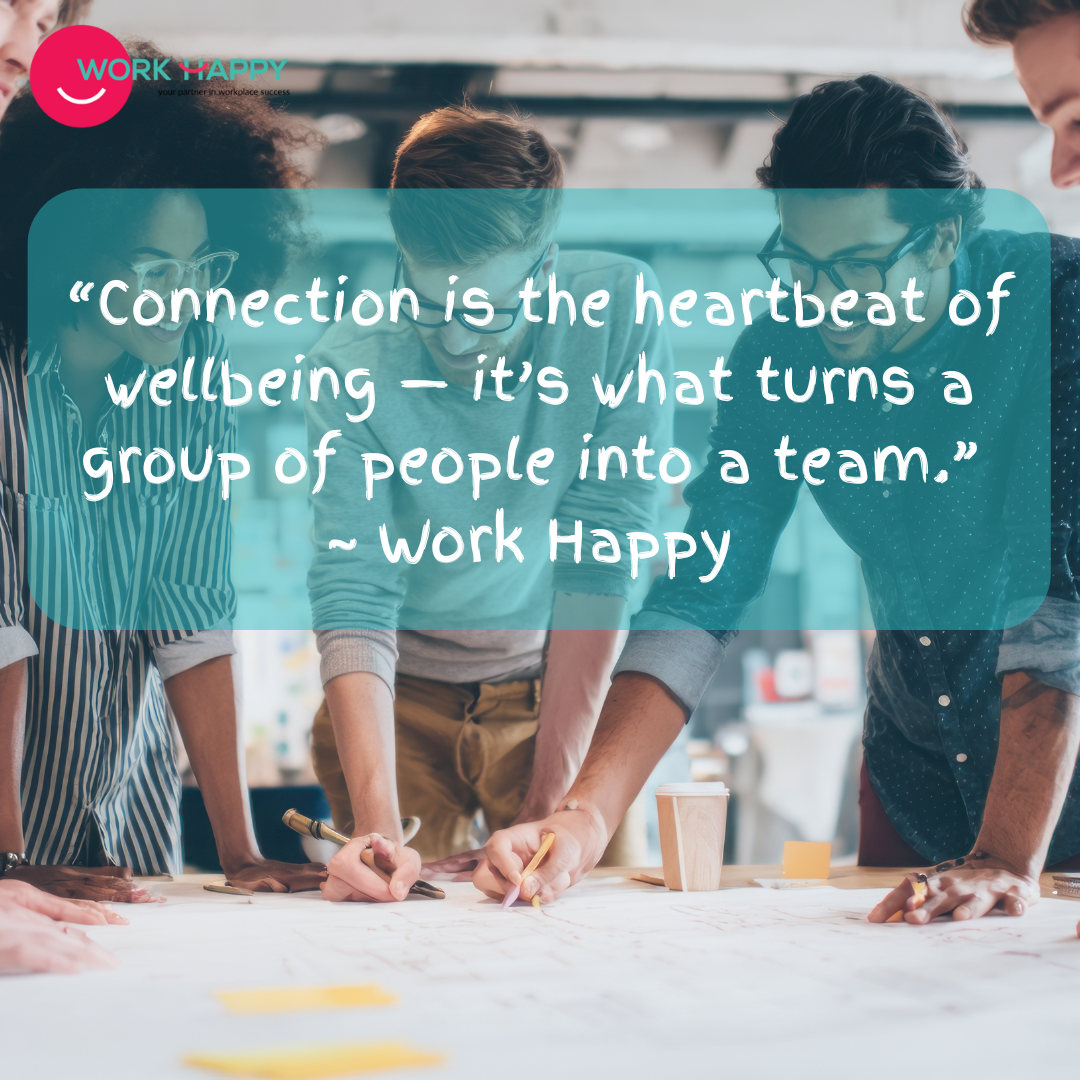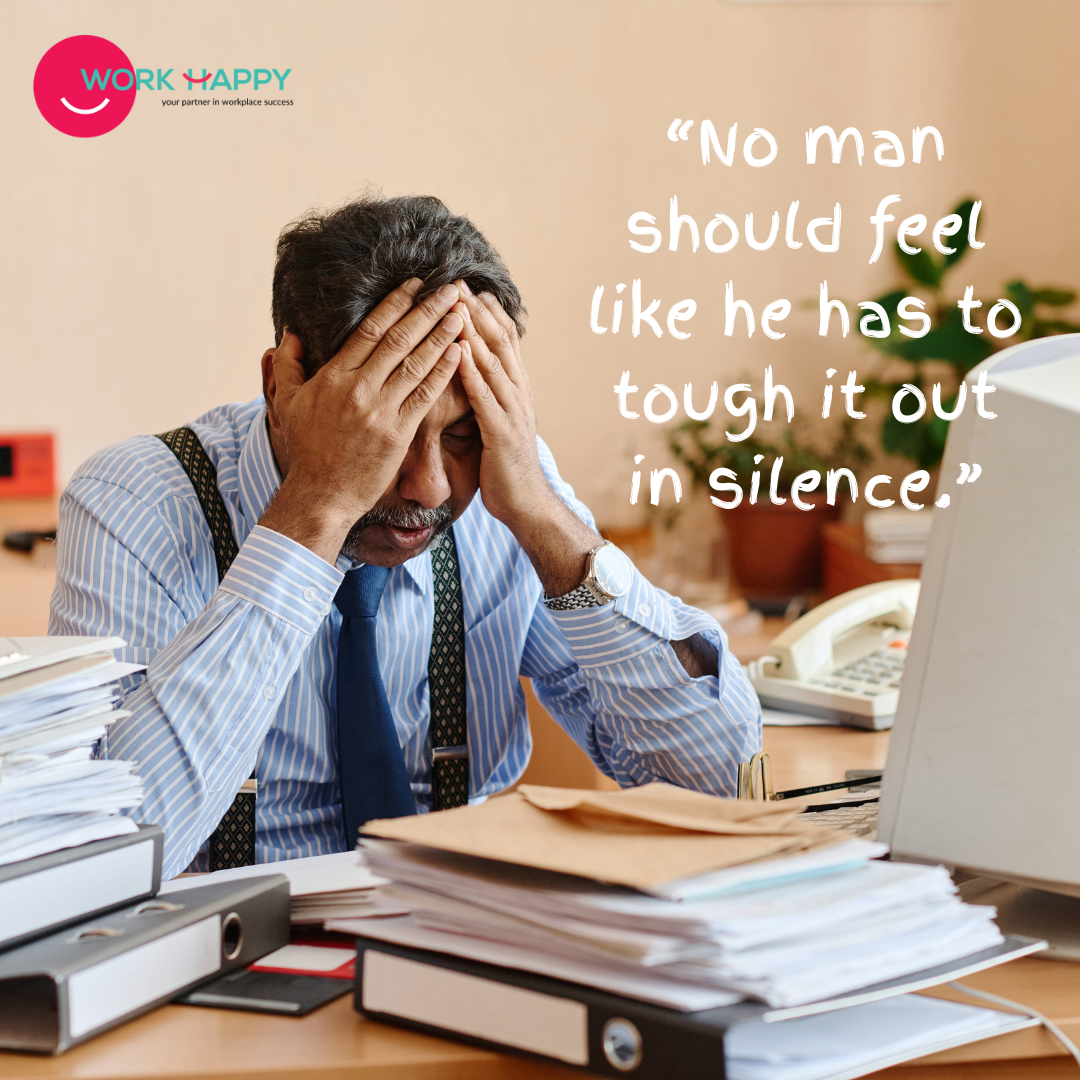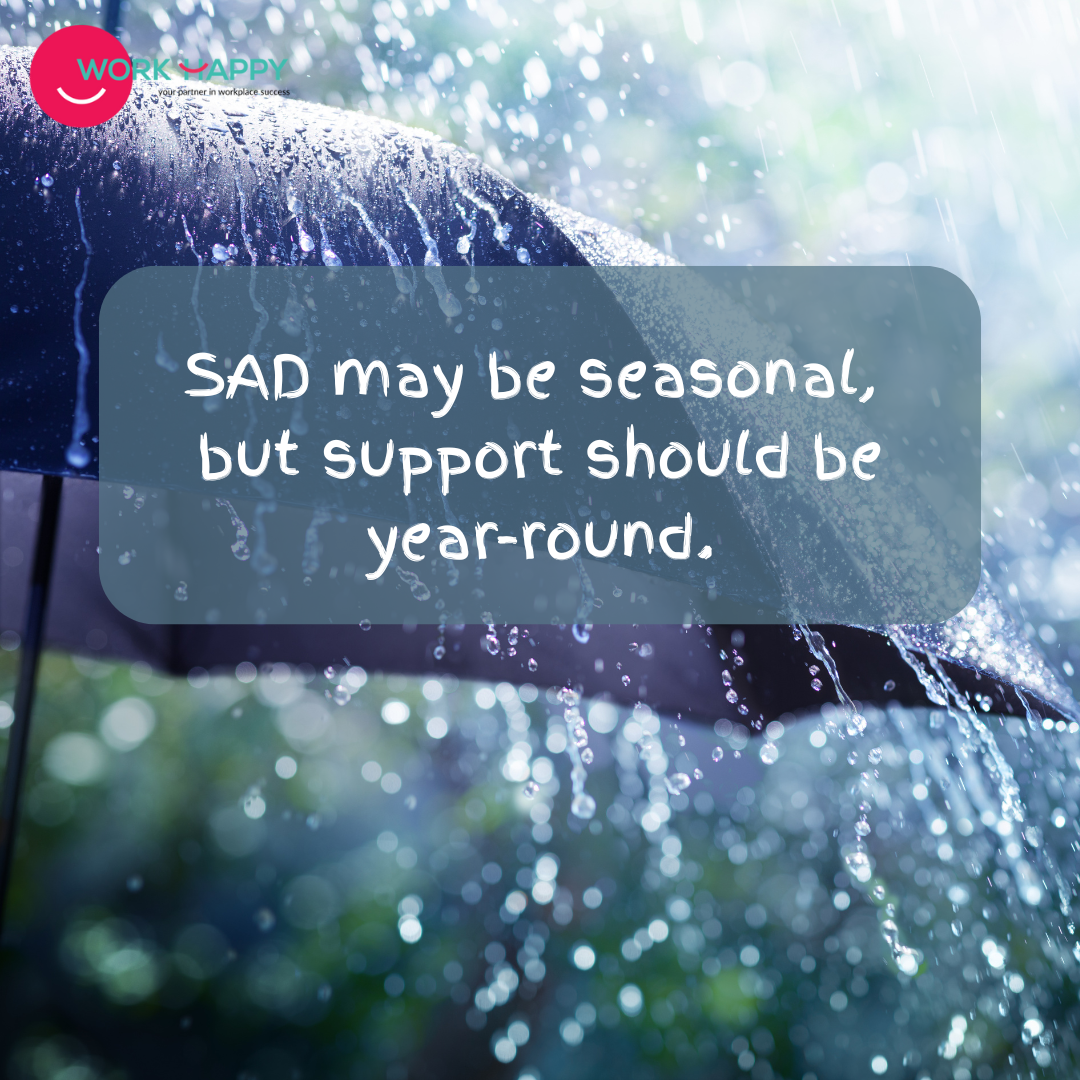
Resilience is the ability to recover and adapt in the face of stress, change, or adversity. It’s a vital skill in the modern workplace, where constant change and pressure are part of the landscape. Self-care acts as the fuel for resilience. It equips people with the physical energy, mental clarity, and emotional strength needed to bounce back from challenges rather than burn out.
When people are constantly running on empty, even minor setbacks can feel overwhelming. But when they’re supported to manage their energy and emotional bandwidth, they’re more capable of navigating tough days, adapting to change, and maintaining focus and motivation over time.
“When are some times when you know that you’ve moved your well-being to the bottom of your priority list?”
At its core, self-care is about maintaining a healthy relationship with oneself through intentional habits that support physical, emotional, and mental wellbeing. Supporting self-care at work has a ripple effect that benefits the whole organization. Some measurable benefits include:
Creating a Culture of Resilience Through Everyday Self-Care:
Building a culture of self-care doesn’t happen overnight, but small shifts can lead to lasting impact. So how can organisations turn the idea of self-care into everyday action? Below are five impactful areas we explore in our Self-Care & Resilience Workshop to encourage staff to help them understand and be more aware of when they need to practice self-care.
In a world that often rewards hustle and output, creating a workplace that prioritises self-care is a bold, future-focused move. It says: ‘We care about our team’s sustainability.’
Resilient teams are not the ones who never struggle – they’re the ones who feel safe, supported, and resourced enough to recover, reset, and rise again.
“So, what small change could your workplace make today to better support self-care—and build resilience for the long run?”
What ideas or initiatives have you thought of or tried in your workplace to support employee wellbeing? Whether you need inspiration, facilitation, or a helpful perspective, or would like to know more about our wellbeing workshop options, we’re only a conversation away. Reach out and connect with us – we’d love to help you bring your wellbeing goals to life.










